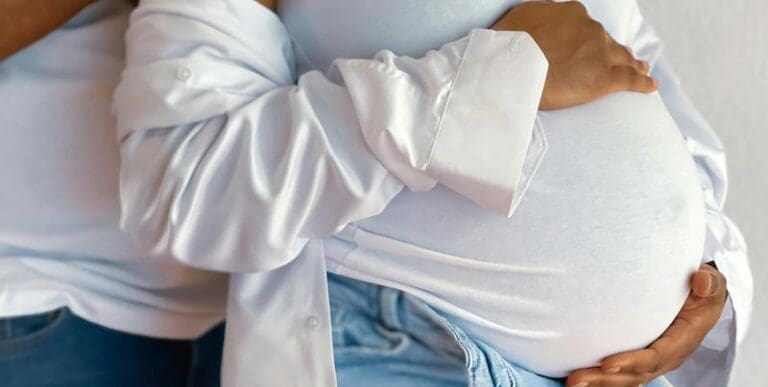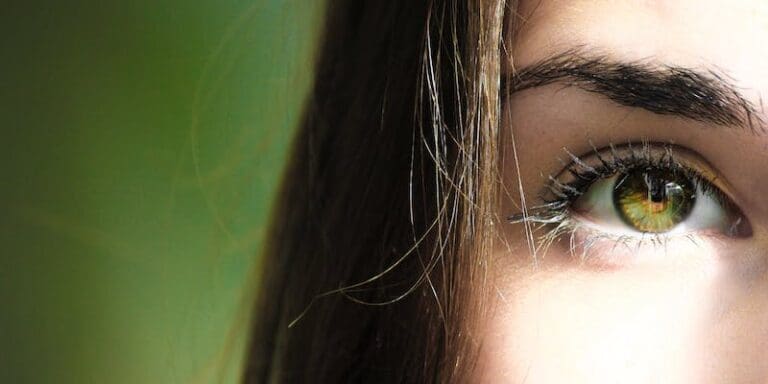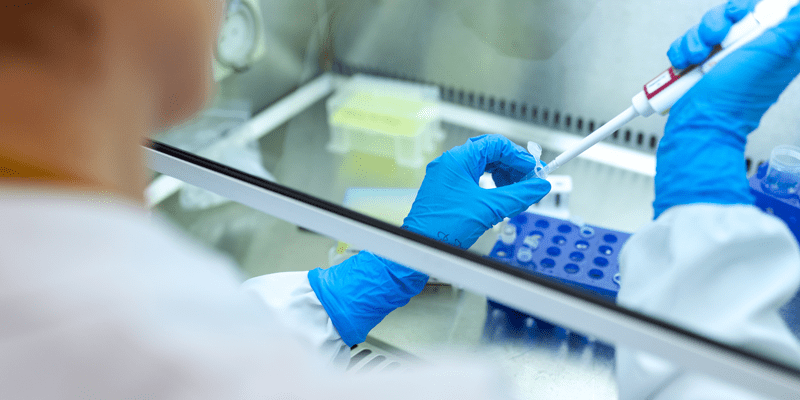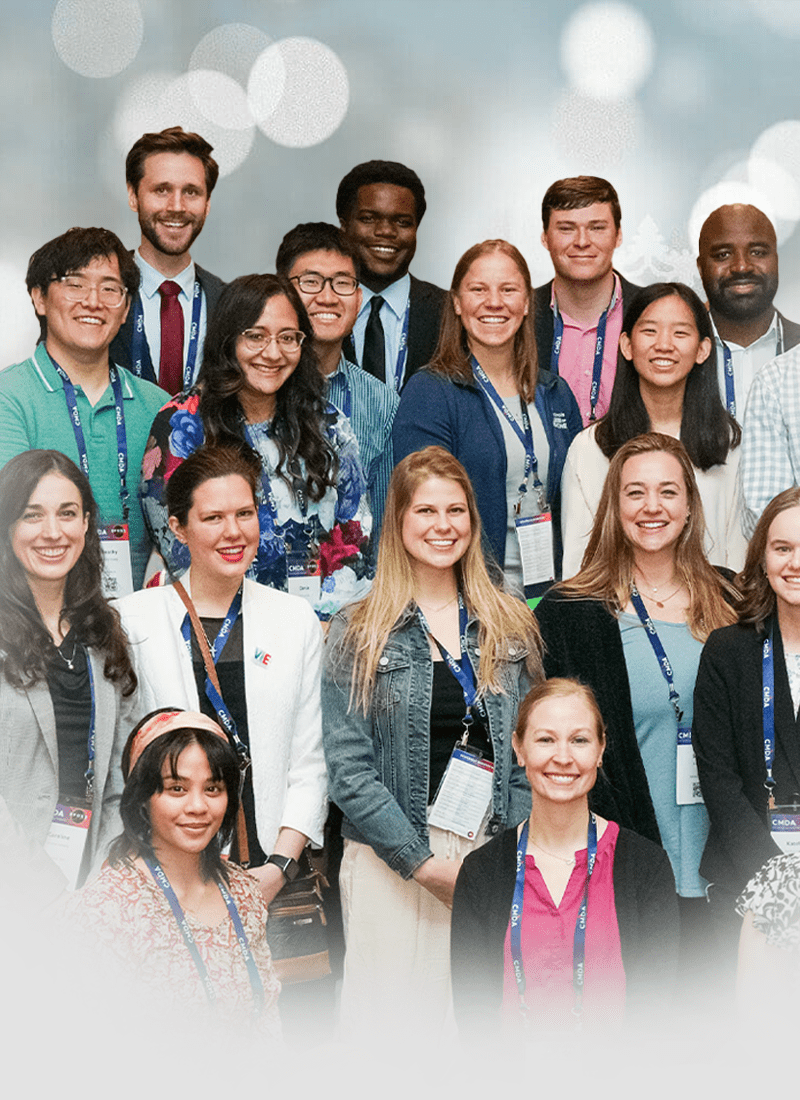Posts by David Prentice, PhD
Fetal Care Versus Fatal Cure
“Prenatal care has become the biggest barrier to postnatal life.” This lament by a dear friend who is a neonatologist points to the fact that it is often our attitude toward “the least of these” that determines their outcomes, and it is especially true for those diagnosed in the womb with developmental anomalies.
Read MoreStopping the Pain and Saving Lives: Successful Treatments for Sickle Cell Disease
As Christians in healthcare, we must hold fast to the belief that all life holds value, and all human beings are made in the Imago Dei. To veer from that belief is to allow room for the lie that some lives are not worth living.
Read MoreWho Counts? Bioethics, Biomedicine and Exploitation of Nascent Human Beings
What defines our humanity and what it means to be a human being? Put another way, who counts? Every human life has value, no matter the age or stage of development, size, genetic or acquired characteristics or circumstances of the individual.
Read MoreAmple Alternatives to Fetal Failures
Fairy tales and science usually don’t coincide; fairy tales are the stuff of myth and fancy, science of objective fact. Yet the continued push for fetal tissue research is extensively constructed of flimsy fairy tales, with proponents willfully ignoring objective fact in hopes of gaining some taxpayer dollars. The falsehoods about fetal tissue research have been repeatedly debunked by factual evidence, but fetal tissue research advocates continue to apply the Illusory Truth Effect: repeat something often enough, even if false, and people will begin to believe it. Unwilling to let a good crisis go to waste, fetal tissue proponents have even tried to exploit the COVID-19 pandemic, claiming that fetal tissue is essential for study of SARS-CoV-2 infections, making humanized “lung-only mice” using fetal tissue from abortion. Sadly, the unphysiological and anatomically inappropriate mouse model highlights the lengths to which some scientists will go to justify unethical practices. And while the Biden administration in 2021 removed sound ethical reviews and prohibitions on taxpayer-funded fetal tissue research, clinging to this antiquated research holds back modern, productive science. Here is just a small sampling of the scientifically and ethically superior methods and models that should be receiving attention.
Read More



